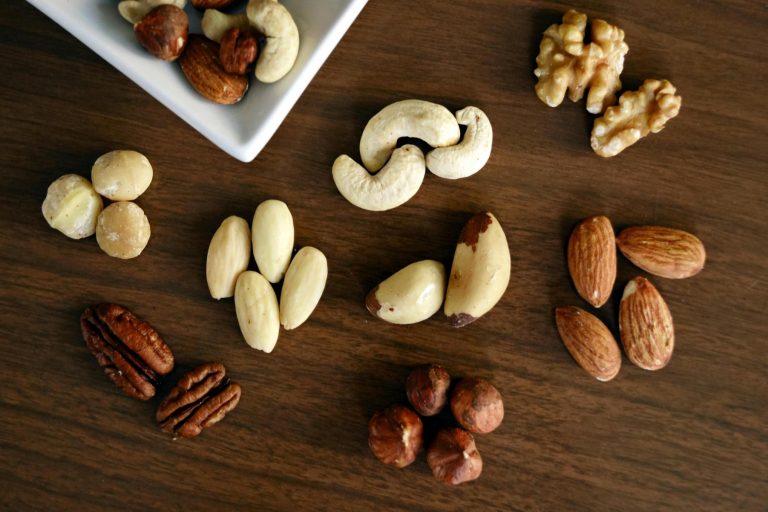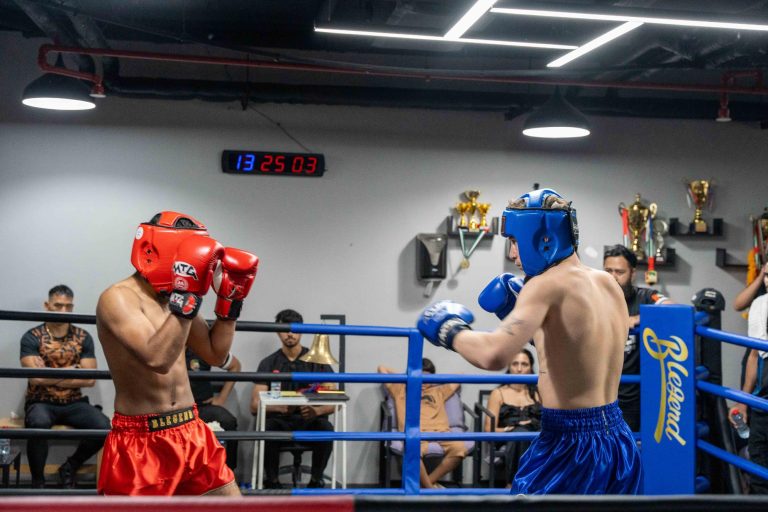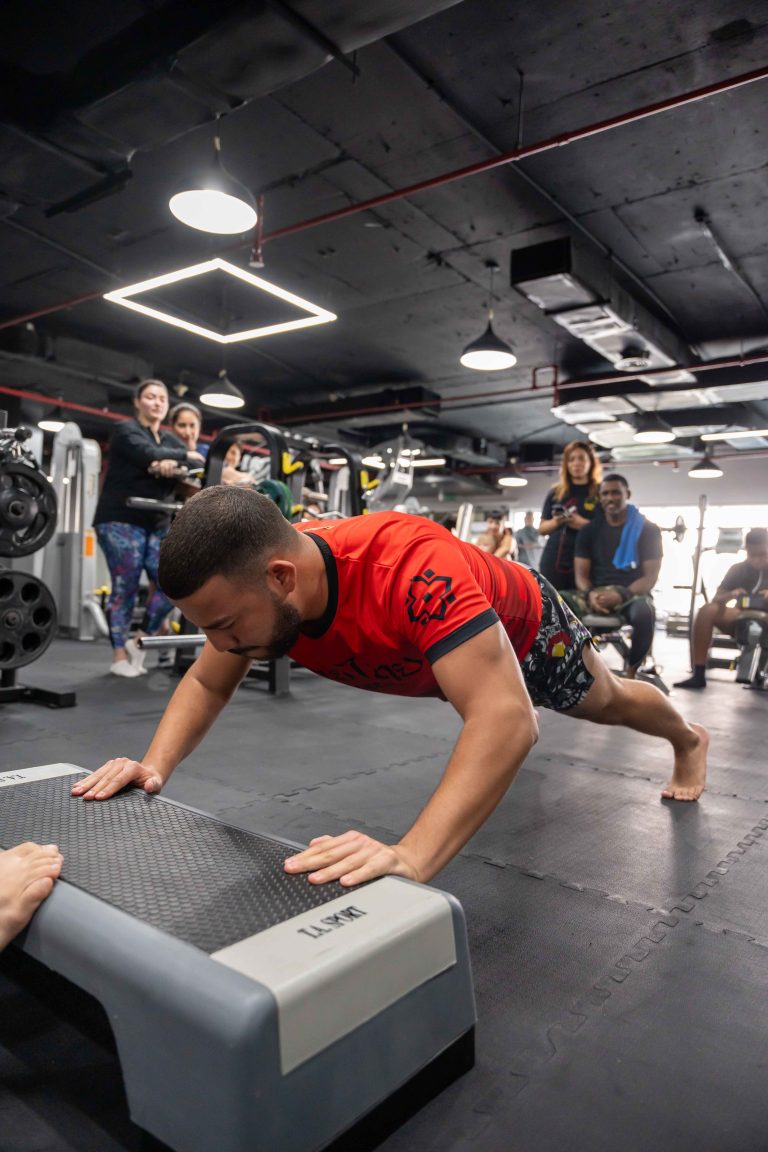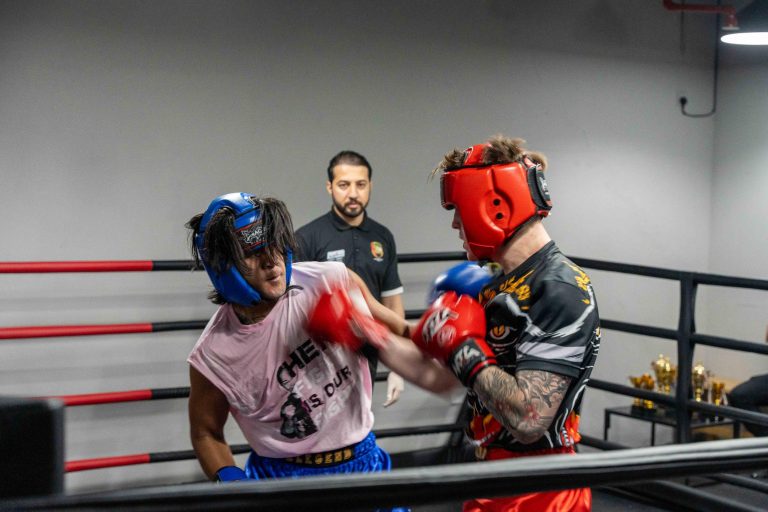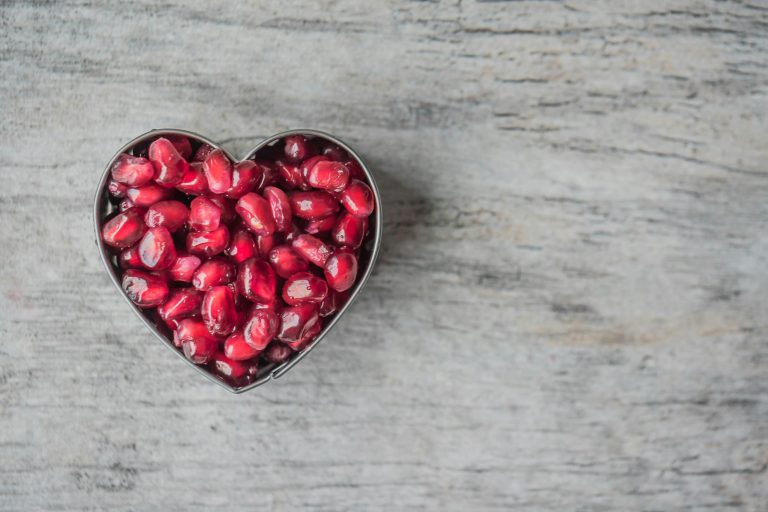In recent years, intermittent fasting has gained significant attention in the fitness world as a way to enhance weight loss, improve performance, and boost mental clarity. For Muay Thai fighters, who often need to cut weight while maintaining energy for intense training, intermittent fasting may seem like an appealing option. However, there are several myths about intermittent fasting and how it impacts performance. Let’s explore the role of intermittent fasting in Muay Thai, separate fact from fiction, and discuss the potential benefits and risks for fighters.
The Science Behind Intermittent Fasting
Intermittent fasting (IF) refers to a pattern of eating that alternates between periods of fasting and eating. Common approaches include the 16/8 method (fasting for 16 hours and eating during an 8-hour window) and the 5:2 method (eating normally for five days and drastically reducing calories for two non-consecutive days). The theory behind intermittent fasting is that by restricting food intake to specific windows, the body can switch from burning glucose for energy to burning fat, leading to weight loss and other potential health benefits.
Studies have shown that intermittent fasting can lead to weight loss, improved insulin sensitivity, and enhanced mental clarity. However, its effects on athletic performance, especially in high-intensity sports like Muay Thai, are more nuanced.
Benefits of Intermittent Fasting for Muay Thai Fighters
1. Weight Loss and Fat Burning
One of the primary reasons athletes turn to intermittent fasting is for weight loss and fat burning. Since fighters often need to meet specific weight categories, intermittent fasting can help them shed pounds without drastically reducing calorie intake or energy levels.
- How it works: During fasting periods, the body depletes its glycogen stores (stored carbohydrates) and begins to burn fat for energy. This can result in gradual fat loss, which may be beneficial for fighters trying to reach a certain weight class without sacrificing performance.
According to Harvard T.H. Chan School of Public Health, intermittent fasting promotes weight loss and improves metabolic health by helping the body tap into fat reserves for energy during fasting periods.
2. Improved Mental Clarity and Focus
Many athletes report that intermittent fasting enhances mental clarity and focus, which can be crucial in a sport like Muay Thai that requires sharp reflexes, quick thinking, and strategy.
- How it works: As the body switches to burning fat for fuel, it produces ketones, which have been shown to improve brain function and cognitive performance. This can lead to a heightened sense of focus during training and fights, especially during fasting periods.
3. Enhanced Discipline and Mental Toughness
Intermittent fasting requires athletes to resist the urge to eat for extended periods, which can help them develop greater discipline and mental toughness. This mental strength can translate into better focus during training and improved resilience in the ring.
Myths About Intermittent Fasting for Muay Thai Fighters
Myth 1: Intermittent Fasting Will Make You Weak and Lethargic
One of the most common myths about intermittent fasting is that it will lead to weakness, lethargy, and a decrease in performance. While it’s true that some people may experience fatigue in the early stages, most athletes adapt over time and maintain their energy levels.
- The Truth: The body can efficiently adapt to using fat for energy, and many athletes report feeling more energized and focused during fasting. However, this adaptation can take time, so fighters should experiment with intermittent fasting during training before incorporating it into their pre-fight routine.
Myth 2: You’ll Lose Muscle Mass During Intermittent Fasting
Another common misconception is that intermittent fasting will cause muscle loss, which can be a concern for fighters who rely on strength and power.
- The Truth: Research shows that intermittent fasting, when combined with resistance training, can help preserve muscle mass. The key is to consume enough protein during eating windows to support muscle repair and growth. Fighters should prioritize protein intake during their eating periods to avoid muscle loss.
A study published in the Journal of Translational Medicine concluded that intermittent fasting, combined with resistance training, can result in fat loss while preserving lean muscle mass.
Best Practices for Intermittent Fasting in Muay Thai
For fighters who want to experiment with intermittent fasting, it’s important to do so carefully and with a plan. Here are some best practices:
- Start with a shorter fasting window: New to intermittent fasting? Start with a 12-hour fasting window and gradually increase to 16 hours (or more) as your body adjusts.
- Train during your eating window: To ensure peak performance, schedule high-intensity workouts during your eating window when glycogen stores are replenished.
- Prioritize hydration: Drink plenty of water during fasting periods and consider adding electrolyte supplements to maintain proper hydration, especially if you’re sweating a lot during training.
- Focus on protein intake: During your eating window, make sure you consume enough protein to support muscle repair and recovery, which is vital for fighters who need to maintain strength and endurance.
FAQs
1. Can I practice intermittent fasting before a fight?
It’s best to avoid experimenting with intermittent fasting right before a fight. Fighters should experiment with intermittent fasting during training to see how their bodies respond before making any changes to their pre-fight nutrition plan.
2. How long should I fast with intermittent fasting?
The most common fasting window for intermittent fasting is 16/8 (fasting for 16 hours and eating for 8 hours). However, some fighters may prefer shorter or longer fasting windows based on their training and performance needs.
3. Will intermittent fasting help me cut weight for a fight?
Yes, intermittent fasting can help fighters cut weight in a controlled manner. By timing eating windows strategically, fighters can reduce calorie intake while maintaining energy levels.
4. Can I drink water during intermittent fasting?
Yes, staying hydrated is essential during intermittent fasting. Fighters should drink plenty of water during fasting periods to avoid dehydration.
5. Should I take supplements during intermittent fasting?
Some supplements, like electrolytes, can be beneficial during fasting, especially for fighters training at high intensity. Other supplements, like protein powder, should be consumed during eating windows.
Conclusion
Intermittent fasting can offer several potential benefits for Muay Thai fighters, including weight loss, improved mental clarity, and enhanced discipline. However, it’s important to approach intermittent fasting carefully, as it can also lead to decreased performance, dehydration, and muscle loss if not done correctly. Fighters should experiment with intermittent fasting during training to find what works best for their bodies, and always prioritize proper hydration and nutrition to maintain peak performance.
For more information about our classes and to sign up for a trial session, visit our website or contact us at +971 58 235 40 14. We offer
We look forward to welcoming you to our Muay Thai community!


